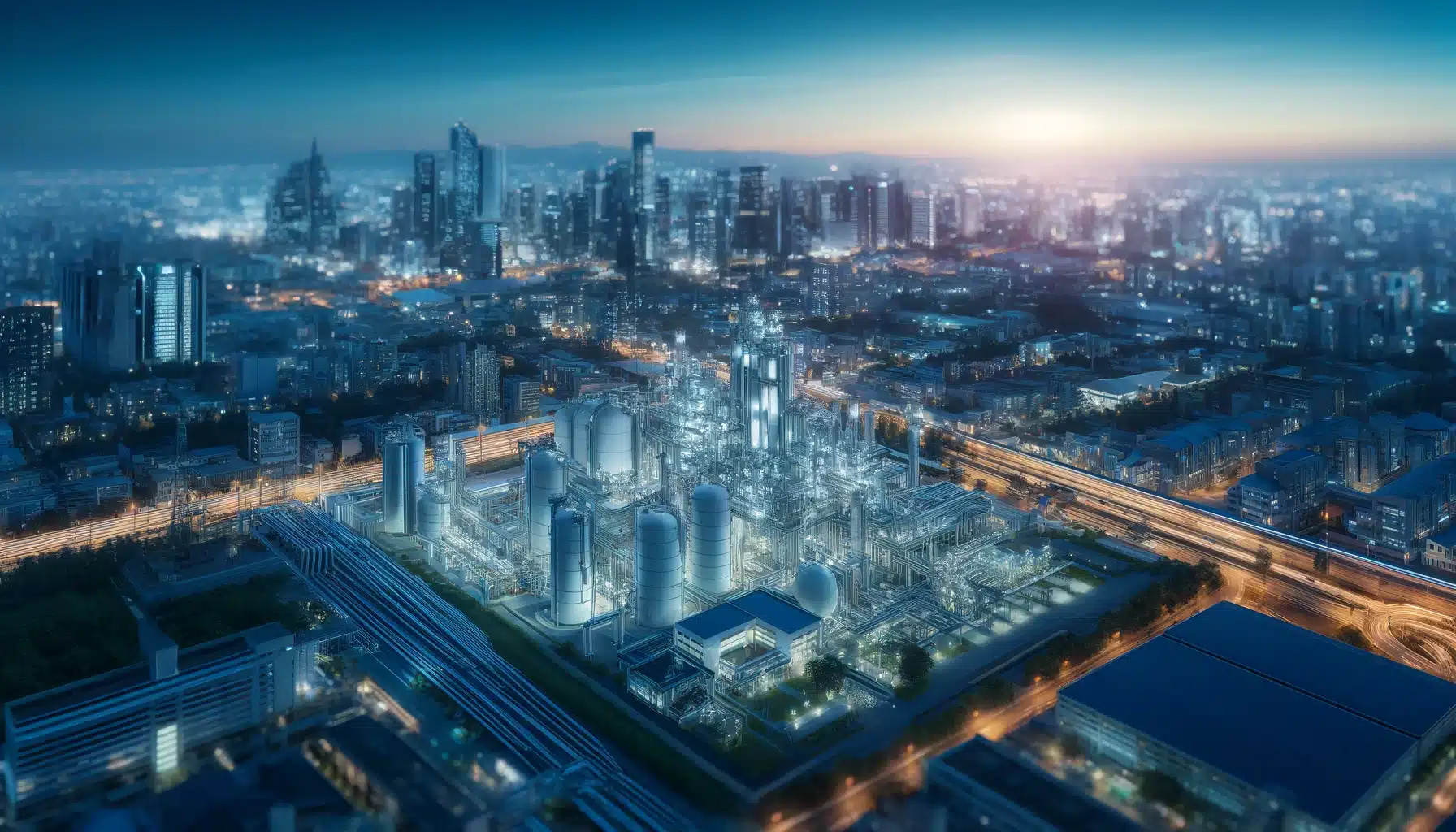When we think about the journey of energy resources from their extraction to consumption, we often focus on the upstream and downstream aspects of the supply chain. However, the crucial link that connects these two ends is the midstream transportation network. Midstream transportation plays a vital role in moving energy resources from production sites to refineries, distribution centers, and ultimately to end consumers. In this article, we will explore the critical role of midstream transportation in energy supply chains, focusing on pipelines and ports as key components of the infrastructure that keeps the world powered.
The Importance of Midstream Transportation
Midstream transportation serves as the crucial link between upstream production and downstream distribution in the energy supply chain. It involves the transportation of raw materials such as crude oil, natural gas, and refined products through various modes of transport to ensure a steady and reliable supply of energy resources. Here are some key reasons why midstream transportation is essential:
Efficient Resource Movement
- Midstream transportation networks enable the efficient movement of energy resources from production sites to consumption centers, reducing supply chain bottlenecks and ensuring timely delivery.
- Pipelines, tankers, and other transportation infrastructure play a critical role in optimizing the transport of resources over long distances, across different terrains, and through various environmental conditions.
Market Access and Global Trade
- Midstream transportation systems provide access to distant markets, facilitating global trade in energy resources and enabling countries to meet their energy needs through imports and exports.
- Ports serve as key hubs for the transshipment of energy resources between different modes of transport, connecting production regions with consumption centers worldwide.
The Role of Pipelines in Energy Transportation
Pipelines are one of the most critical components of midstream transportation infrastructure, serving as a cost-effective and efficient mode of transporting energy resources over long distances. Here are some key points highlighting the role of pipelines in energy transportation:
Reliable and Safe Transport
- Pipelines offer a reliable and safe means of transporting energy resources, minimizing the risk of spills, leaks, and accidents compared to other modes of transport such as rail or road.
- The continuous flow of resources through pipelines ensures a steady supply to refineries, distribution centers, and end consumers, helping to maintain energy security and stability.
Cost-Effective Operations
- Pipelines are a cost-effective mode of transport for energy resources, offering lower transportation costs per unit compared to trucks, trains, or tankers over long distances.
- The efficiency of pipelines in transporting large volumes of resources consistently contributes to cost savings for energy producers and consumers alike.
The Significance of Ports in Energy Logistics
Ports play a crucial role in the global energy supply chain by serving as key interfaces for the transshipment of energy resources between different modes of transport and facilitating international trade. Here are some key aspects highlighting the significance of ports in energy logistics:
Intermodal Connectivity
- Ports provide intermodal connectivity by serving as nodes where energy resources are transferred between ships, pipelines, trucks, and trains, enabling seamless transport across different transportation modes.
- Port facilities and infrastructure support the efficient handling and storage of energy resources, ensuring smooth logistics operations and timely deliveries to markets.
Global Energy Trade Hub
- Ports serve as strategic hubs for global energy trade, facilitating the import and export of energy resources between countries and regions, supporting economic growth and energy security.
- Strategically located ports provide access to major shipping routes, making them ideal locations for transshipment and distribution of energy resources to meet global demand.
Conclusion
From pipelines carrying crude oil across continents to ports facilitating the export of liquefied natural gas to distant markets, midstream transportation infrastructure plays a critical role in connecting energy production with consumption. The efficient and reliable movement of energy resources through pipelines and ports ensures a stable supply of energy to power industries, homes, and transportation worldwide. As the demand for energy continues to rise, the importance of midstream transportation in energy supply chains will only grow, emphasizing the need for continued investment in infrastructure and technology to support the sustainable transport of energy resources.

